Disclosure: This article contains affiliate links. We may earn a commission from purchases at no extra cost to you, which helps our travel content.
I've explored markets from Barcelona to Bangkok, but Houston's culinary landscape genuinely surprised me. When my sustainable tourism investment group targeted Texas for expansion, I found myself spending a week in Space City—a metropolis I'd previously (and regrettably) overlooked. What I discovered was nothing short of a gastronomic revelation. Houston doesn't just have a food scene; it has orchestrated a quiet culinary revolution that harmonizes immigrant traditions, Gulf Coast bounty, and Texan boldness into something entirely its own. The city's 10,000+ restaurants span more than 70 countries of origin, all while maintaining a refreshing lack of pretension. This isn't carefully curated food tourism—it's authentic cultural preservation expressed through the universal language of breaking bread together. Let me take you through my week-long culinary journey that transformed my understanding of what American food can be.
Understanding Houston's Culinary Geography
Houston doesn't just have neighborhoods—it has micro food ecosystems, each with distinct cultural influences and signature flavors. The sprawling metropolis requires strategic navigation, something I learned quickly after an overwhelmed first day.
Start in Asiatown (not Chinatown—an important distinction locals will appreciate), which stretches well beyond the concentrated Bellaire Boulevard. Here, strip malls hide culinary treasures that would command hours-long waits in other cities. Vietnamese pho shops operate beside Himalayan dumpling houses and Korean barbecue joints, creating an authentic Asian food experience unlike the more commercialized versions I've found in other American cities.
Montrose offers Houston's most eclectic dining scene, where third-wave coffee shops and innovative cocktail bars sit alongside decades-old Tex-Mex institutions. The neighborhood's architectural preservation (something close to my heart) has maintained the character that attracts creative culinary minds.
Heights/Washington Avenue presents Houston's fastest-evolving food corridor, with warehouse conversions housing everything from craft breweries to upscale southern cuisine. What impressed me most was how these renovations honor the industrial architecture rather than erasing it—a principle I emphasize when investing in sustainable tourism ventures.
Downtown's renaissance deserves special attention, particularly the Market Square Historic District, where Houston's oldest buildings now house some of its most forward-thinking restaurants. The juxtaposition of 19th-century architecture with 21st-century cuisine creates a dining atmosphere that feels simultaneously grounded and innovative.
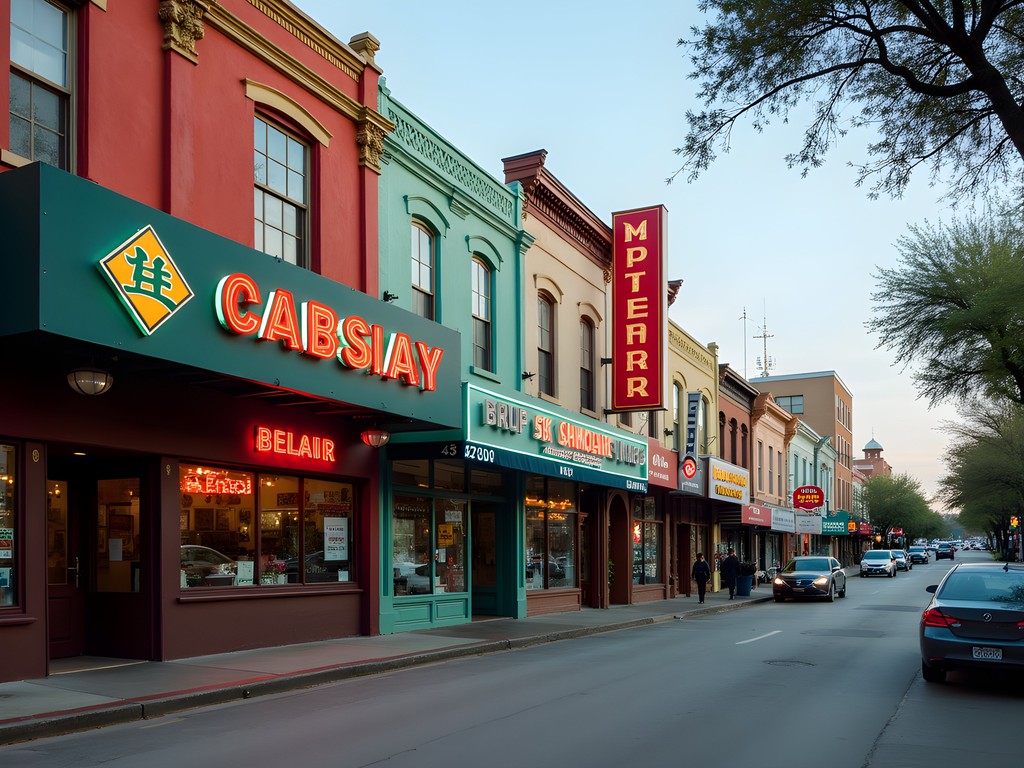
💡 Pro Tips
- Rent a car—Houston's sprawl makes rideshares expensive for food exploration
- Visit Asiatown on weekdays to avoid the weekend crowds that form after 11am
- The best restaurants are rarely the most visible—look for places tucked into strip malls or converted houses
Food Truck Culture: Houston's Mobile Feast
My fascination with market culture naturally extends to food trucks, and Houston's mobile food scene rivals any I've encountered globally. What distinguishes Houston's approach is how these trucks serve as culinary incubators for immigrant entrepreneurs preserving traditional recipes while adapting to Texan tastes.
I spent an entire afternoon at the Houston Farmers Market, where the recently renovated space hosts a rotating selection of trucks alongside permanent vendors. The market's transformation represents exactly the kind of thoughtful development I look for when investing—preserving the authentic character while creating sustainable infrastructure.
For concentrated food truck experiences, I discovered that Houston operates on a 'pod' system, with designated areas hosting multiple trucks. The most impressive was Truck Yard in EaDo (East Downtown), an indoor-outdoor space where shipping containers and reclaimed materials create a perfectly imperfect atmosphere for casual dining. With my insulated water bottle (essential in Houston's humidity), I spent hours sampling everything from Nigerian fusion to Gulf Coast seafood innovations.
What struck me most was how Houston's food trucks transcend the typical limitations of mobile cuisine. These aren't just quick-service concepts but fully realized culinary expressions. I watched as one truck chef meticulously plated a dish with tweezers and microgreens—the kind of attention to detail usually reserved for fine dining establishments.
The city's permitting process, more flexible than many major cities, has allowed this scene to flourish without sacrificing food safety. This balance between regulation and creative freedom is something I've seen work well in Southeast Asian food markets but rarely in American cities.
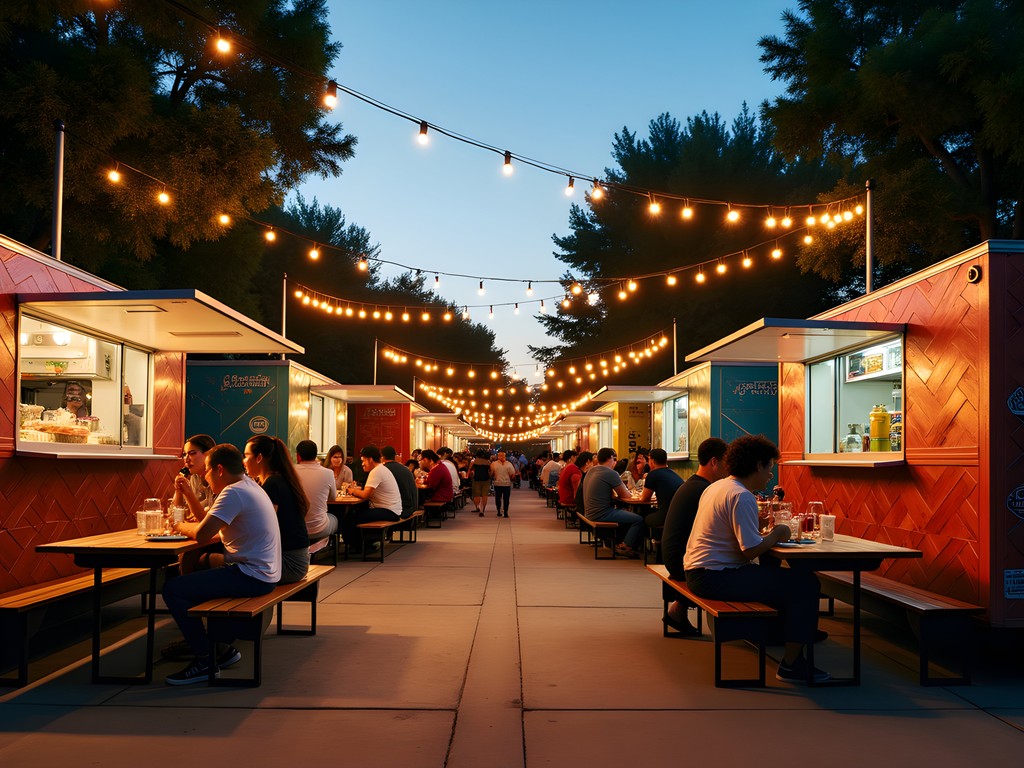
💡 Pro Tips
- Follow Houston food trucks on Instagram—many announce location changes last-minute
- Bring cash—while most trucks accept cards, some of the best international options are cash-only
- Visit the Houston Farmers Market on Saturday mornings when the full complement of trucks appears alongside the permanent vendors
Immigrant Kitchens: The Heart of Houston's Food Identity
Houston's status as America's most diverse city isn't just a statistical footnote—it's the foundational ingredient in its culinary identity. Unlike cities where immigrant cuisines become gradually homogenized, Houston maintains a remarkable authenticity while allowing for natural cross-cultural pollination.
My architectural background drew me to Bissonnet Street's collection of repurposed buildings now housing some of Houston's most authentic international restaurants. Former auto repair shops and mid-century retail spaces have been transformed into vibrant eateries without erasing their original character—a perfect example of adaptive reuse preserving neighborhood identity.
In Houston's Little India (the Mahatma Gandhi District), I discovered a concentration of regional Indian cuisines rarely found outside the subcontinent. What impressed me most was the specificity—restaurants proudly advertising dishes from particular states or even cities, rather than offering the generic 'Indian food' often found elsewhere in America.
Houston's Nigerian population has established one of America's most vibrant West African food scenes. At Jollof Rice King, I watched families passing enormous platters of fragrant rice and slow-cooked stews, the multi-generational dining experience mirroring what I've witnessed in Lagos markets.
The city's Vietnamese community deserves special recognition for creating what many consider America's most authentic Vietnamese food scene outside Vietnam itself. Beyond the expected pho shops, Houston offers regional Vietnamese specialties I hadn't found since visiting Hanoi and Ho Chi Minh City.
What makes Houston unique is how these immigrant kitchens don't exist in isolation but actively influence each other. I witnessed this cultural exchange firsthand at a Vietnamese-Cajun crawfish boil where the traditional Louisiana preparation was transformed with lemongrass, ginger and Vietnamese herbs—a perfect encapsulation of Houston's organic culinary fusion.
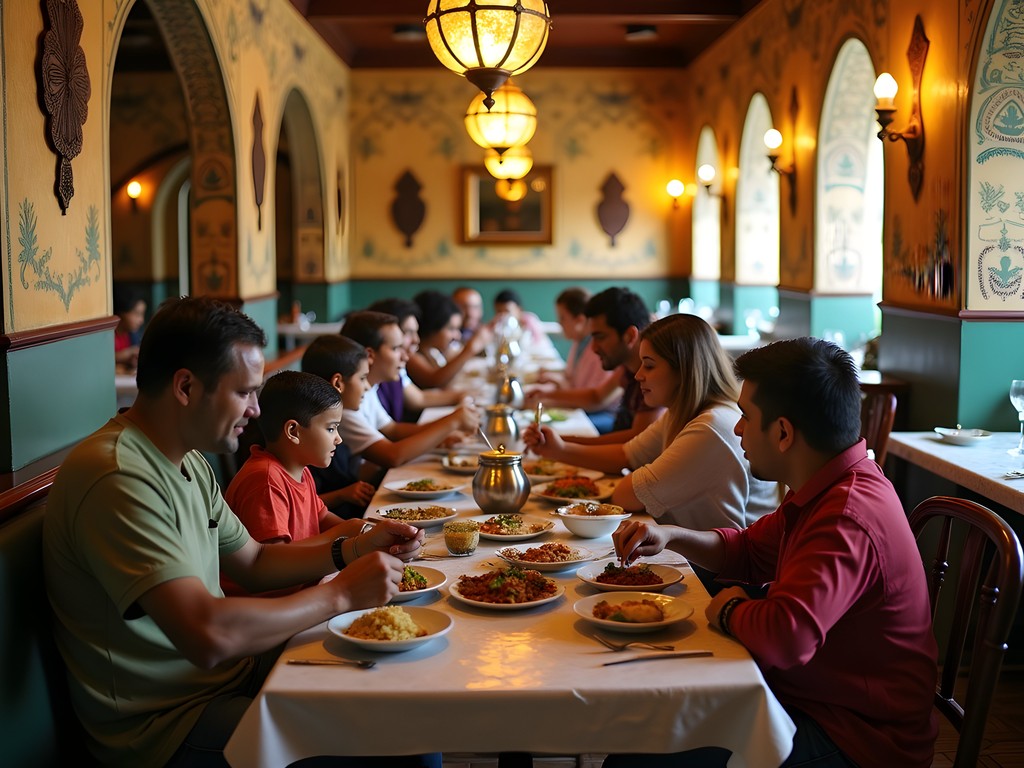
💡 Pro Tips
- Ask for the 'traditional preparation'—many restaurants offer Americanized and authentic versions
- Visit international grocery stores attached to restaurants for cooking ingredients and imported specialties
- Look for restaurants filled with families from the represented culture—still the most reliable indicator of authenticity
Market Culture: Houston's Food Halls and Farmers Markets
My passion for market culture has taken me from Barcelona's La Boqueria to Bangkok's floating markets, but Houston's interpretation of communal food spaces reflects something uniquely American—the democratic reinvention of traditional forms.
The city has embraced the food hall concept with distinctive Houston flair. POST Houston, housed in the former Barbara Jordan Post Office downtown, exemplifies architectural preservation done right. The industrial bones of the 1960s building remain intact while housing over 30 food vendors representing Houston's diversity. I spent an entire afternoon here, captivated by both the thoughtful renovation and the culinary offerings.
For a more traditional market experience, Houston Farmers Market's recent renovation maintains its 75-year legacy while improving infrastructure. What impressed me was how the development preserved affordability—something often lost when markets are 'improved.' Local farmers still offer accessible prices alongside specialty vendors, creating a true community resource rather than a tourist attraction.
Unlike farmers markets I've visited in other cities, Houston's markets maintain year-round operations thanks to Texas' extended growing seasons. This consistency has allowed vendors to build sustainable businesses rather than seasonal side hustles. I always pack my reusable market tote when exploring markets, and it proved essential for carrying my Houston market treasures—from local honey to handmade tortillas.
The Railway Heights Market represents Houston's most innovative interpretation of the market concept, combining traditional produce vendors with art installations and incubator spaces for culinary entrepreneurs. This holistic approach to markets as community development tools aligns perfectly with my investment philosophy in sustainable tourism ventures.
What distinguishes Houston's market culture is its accessibility across economic brackets—these aren't precious food halls catering exclusively to affluent foodies but genuine community gathering spaces where Houston's diversity is on full display.
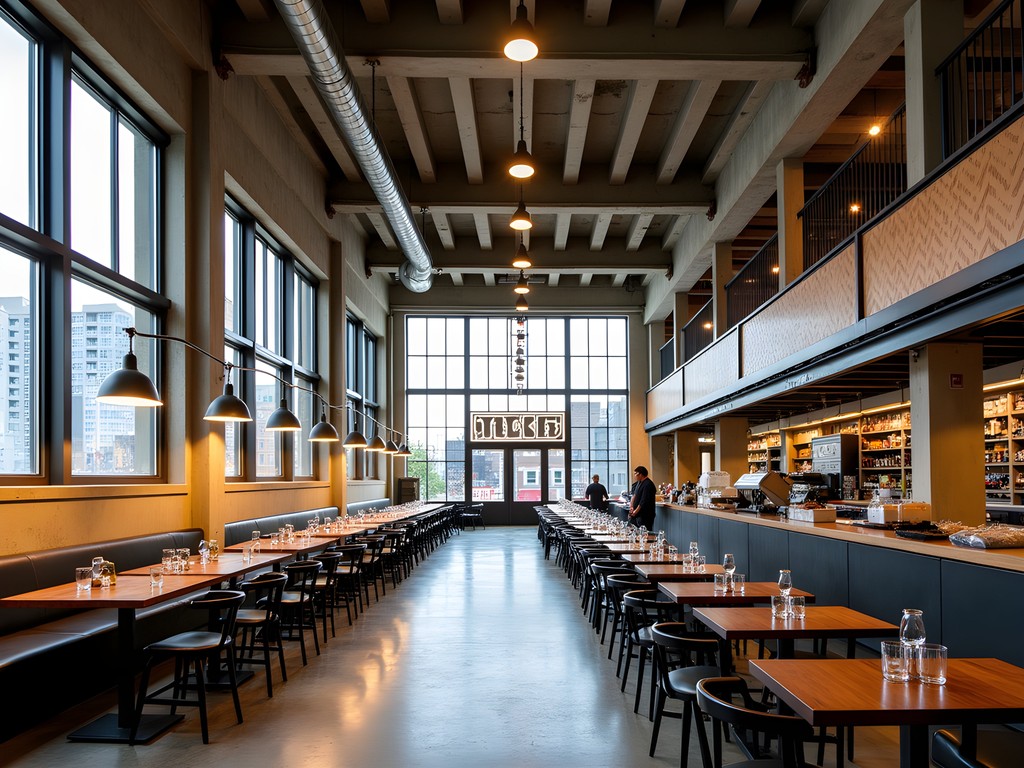
💡 Pro Tips
- Visit POST Houston on weekdays to avoid weekend crowds
- Bring small bills for farmers market purchases
- Look for prepared food vendors who also sell their ingredients—often the best quality at lower prices than specialty stores
Fine Dining: Houston's Culinary Innovation
Houston's fine dining scene defies easy categorization—it's neither as self-conscious as New York's nor as trend-driven as Los Angeles'. Instead, the city's top restaurants reflect a confident maturity that prioritizes flavor over fashion.
At Theodore Rex, chef Justin Yu's intimate 28-seat restaurant in the historic Warehouse District, I experienced Houston's approach to fine dining firsthand. The James Beard Award-winning chef serves sophisticated dishes in a setting devoid of white tablecloths or pretension. The tomato toast—a seemingly simple dish elevated to transcendent status—exemplifies Houston's culinary philosophy: technical excellence in service of flavor rather than showmanship.
Hugo's represents Houston's ability to elevate international cuisines without stripping away their soul. Chef Hugo Ortega's regional Mexican cuisine maintains complete authenticity while incorporating fine dining techniques and presentation. The restaurant occupies a beautifully preserved 1925 building in Montrose—another example of Houston's thoughtful architectural preservation.
What distinguishes Houston's fine dining is its democratic approach to luxury. Even the city's most acclaimed restaurants maintain a welcoming atmosphere that reflects Gulf Coast hospitality. When making reservations, I found my restaurant reservation app essential for securing tables at Houston's most sought-after establishments, particularly for weekend dinners.
Nancy's Hustle in EaDo perfectly captures Houston's approach to modern American cuisine—technically flawless execution with global influences that reflect the city's diversity. The restaurant's location in a developing neighborhood rather than an established dining district demonstrates Houston chefs' willingness to pioneer new areas.
Perhaps most impressive is how Houston's fine dining establishments have weathered recent economic challenges by maintaining quality while finding creative approaches to sustainability—from whole animal butchery to zero-waste initiatives. This practical approach to culinary excellence reflects the city's unpretentious character even at the highest levels of gastronomy.
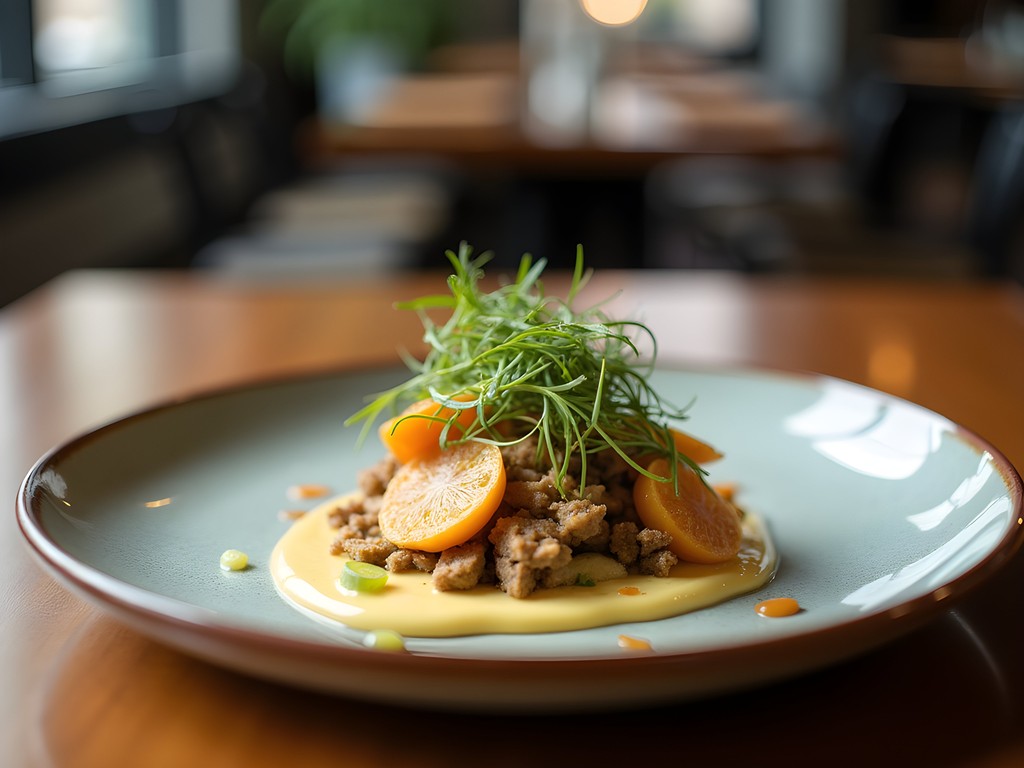
💡 Pro Tips
- Make reservations 2-3 weeks in advance for top restaurants
- Consider lunch at fine dining establishments for similar quality at lower price points
- Don't overlook restaurant bars—many offer full menus with no reservation required
Beverage Culture: From Third Wave Coffee to Craft Cocktails
Houston's beverage scene reflects the same diversity and innovation as its food culture, with the added dimension of addressing the city's notorious climate. When temperatures regularly exceed 90°F (32°C), drinks become more than refreshment—they're survival tools.
The city's coffee culture has evolved dramatically, with third-wave shops opening in adaptively reused buildings throughout Houston's historic neighborhoods. Blacksmith in Montrose occupies a former blacksmith shop from the 1920s, its original brick walls and industrial windows preserved while housing some of the city's most meticulously prepared coffee. For exploring Houston's coffee scene, I relied on my travel mug to keep drinks at temperature while navigating between neighborhoods.
Houston's cocktail renaissance deserves special recognition for its Gulf Coast influences and innovative use of local ingredients. Julep in Washington Avenue celebrates Southern drinking traditions with sophisticated updates, while Tongue-Cut Sparrow downtown offers a Japanese-inspired approach to classic cocktail service in an intimate speakeasy setting.
Perhaps most surprising was Houston's emerging natural wine scene. Light Years Natural Wine Shop & Bar in Montrose not only offers an impressive selection of low-intervention wines but provides education that makes this often intimidating category approachable. The shop's location in a converted 1930s bungalow creates an atmosphere more living room than wine bar—typical of Houston's unpretentious approach to even the most sophisticated culinary trends.
The city's craft beer scene has expanded beyond typical IPAs to include styles particularly suited to Houston's climate. Saint Arnold, Texas' oldest craft brewery, has created a beer garden that serves as both community gathering space and showcase for architecturally sensitive adaptive reuse—the brewery occupies a former warehouse with views of Houston's downtown skyline.
What unites Houston's diverse beverage offerings is a commitment to quality without pretension—whether it's a meticulously prepared cortado or an innovative cocktail, the focus remains on flavor and hospitality rather than trend-chasing.
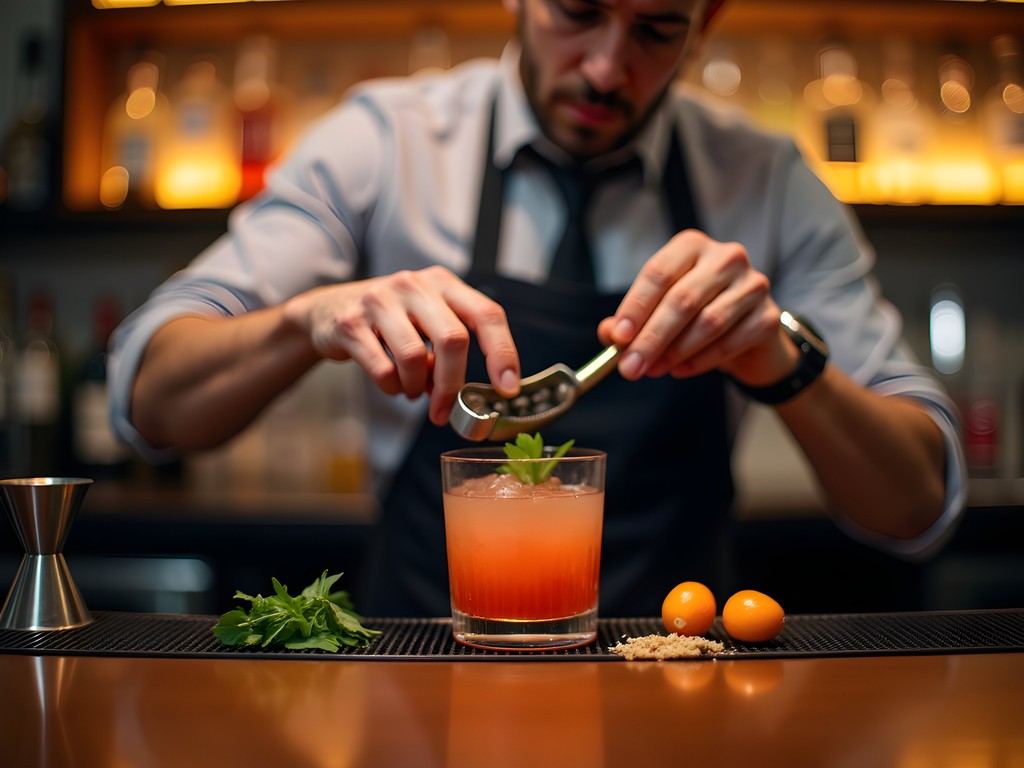
💡 Pro Tips
- Visit coffee shops between 2-4pm to avoid crowds and chat with baristas
- Ask for local spirit recommendations at cocktail bars—Texas distilleries produce excellent whiskeys and gins
- Many of Houston's best bars offer happy hour specials between 4-6pm, even at upscale establishments
Final Thoughts
Houston's culinary landscape defies easy categorization—it's a city where immigrant traditions thrive alongside cutting-edge innovation, where fine dining exists without pretension, and where food trucks serve dishes worthy of white tablecloths. What makes Houston's food scene truly special isn't just the diversity of options but how these different culinary worlds interact, influence, and elevate each other. As an investor in sustainable tourism, I see Houston as a model for how cities can preserve cultural authenticity while embracing growth and innovation. Whether you're exploring the vibrant street food scene, diving into specific international cuisines, or experiencing the city's sophisticated fine dining, Houston offers a culinary journey that challenges preconceptions and rewards curiosity. The next time someone mentions America's great food cities, make sure Houston gets its rightful place in the conversation. This overlooked culinary giant isn't just keeping pace with more celebrated destinations—in many ways, it's leading the revolution.
✨ Key Takeaways
- Houston's culinary diversity reflects its status as America's most demographically diverse city
- The best food experiences span from authentic immigrant kitchens to innovative fine dining
- Food halls and markets offer concentrated culinary exploration opportunities
- Houston's approach to preservation creates unique dining environments in historic buildings
📋 Practical Information
Best Time to Visit
October-April (avoiding summer heat)
Budget Estimate
$75-150 per day for food exploration
Recommended Duration
5-7 days
Difficulty Level
Beginner

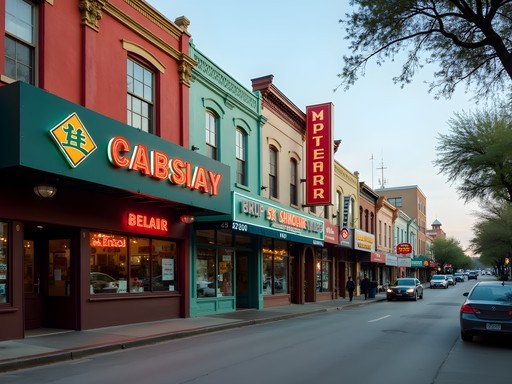
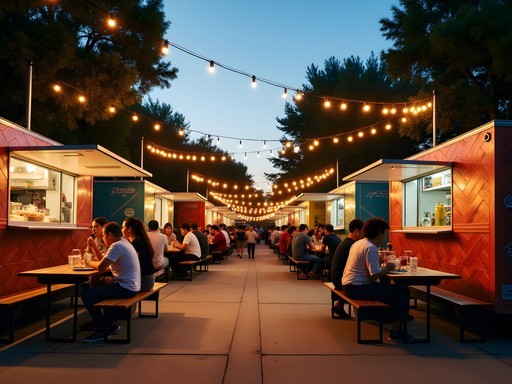
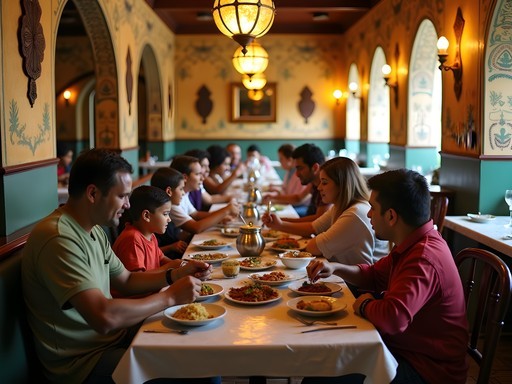
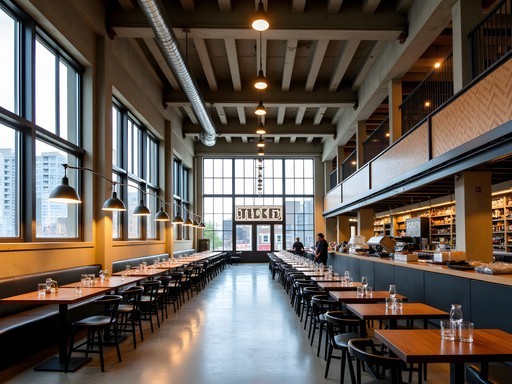

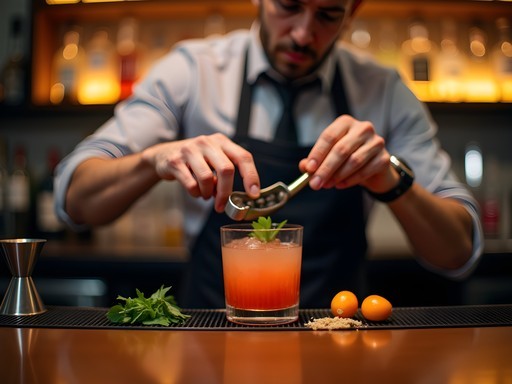



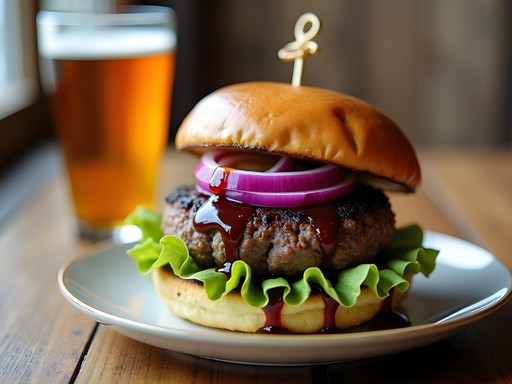
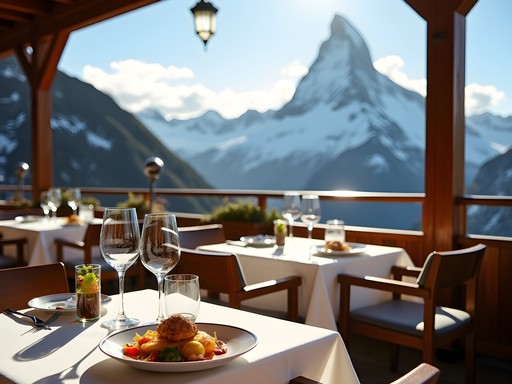
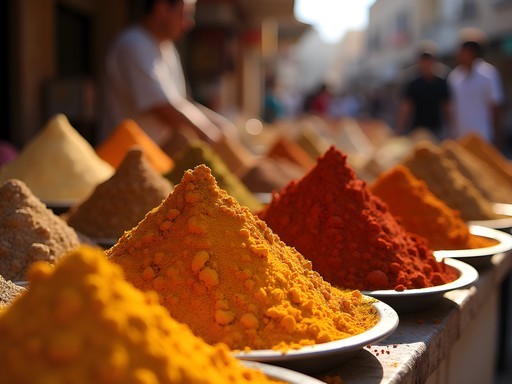
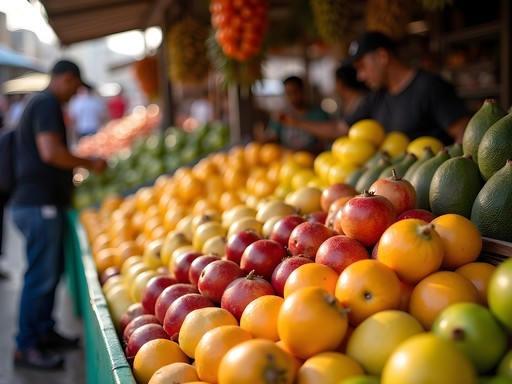
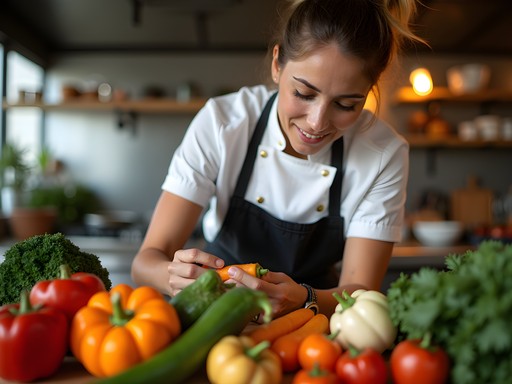
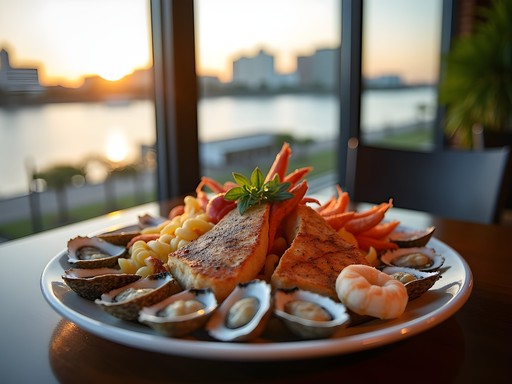
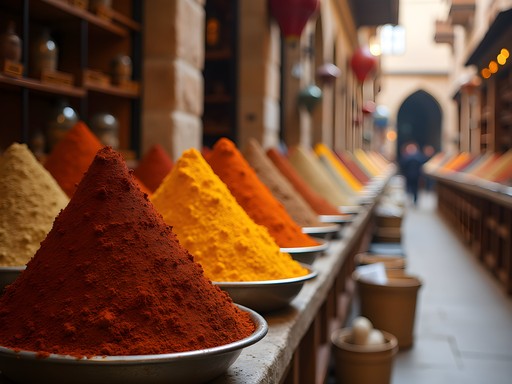
Comments
Riley Griffin
Claire, your post brought back so many memories! When we visited Houston with the kids last year, we made a game of trying a different cuisine each day. The highlight was definitely the Nigerian food at Indigo - my 12-year-old still talks about that jollof rice! One tip for families visiting: many of the food halls have great options for picky eaters while still letting parents try something more adventurous. Railway Heights was perfect for this. Oh, and don't miss the breakfast tacos at Villa Arcos if you're there early - worth getting up for!
tripexplorer
Villa Arcos is the BEST! Those flour tortillas are like nothing else.
islandlife
Going to Houston next month for a conference. Which neighborhood would you recommend staying in to be close to the best food options? Also, are the food trucks easy to find or do you need a guide?
Riley Griffin
Not Claire, but we stayed in Montrose with our kids last summer and it was perfect for food exploration! Walkable to tons of restaurants and a short drive to almost everything else. For food trucks, I'd recommend downloading the Houston Food Finder app - it shows you where all the trucks are in real-time. Our family's favorites were the tacos at Tacos Tierra Caliente and the Korean-Mexican fusion at Oh My Gogi!
islandlife
Thanks Riley! Montrose sounds perfect. Will check out that app and definitely try those tacos!
tripexplorer
Houston food scene is so underrated! Your pics have me drooling 🤤
moonvibes
Wow, this is so timely! I just got back from Houston last week and was blown away by the food scene. The Vietnamese crawfish boil at Crawfish & Noodles was mind-blowing - never tasted anything like it before. And those food trucks at the Houston Farmers Market? Pure gold. Claire, your breakdown of the different neighborhoods is spot on. I wish I'd read this before my trip!
Claire Hawkins
Thanks for the kind words! Crawfish & Noodles is definitely one of my favorites too. Did you get a chance to explore any of the food halls?
moonvibes
Yes! Made it to Post Market downtown. Those Korean corn dogs were worth the line!
oceanone
Just booked tickets to Houston after reading this! The food hall concept sounds amazing - we have something similar in Portland but on a smaller scale. Has anyone tried the farmers markets mentioned in the article? Are they worth planning a morning around?
greenace
The Urban Harvest Farmers Market is definitely worth a Saturday morning! Huge selection, great prepared food vendors too. Try the tamales from Tamales Doña Tere - life changing!
Jean Wells
Claire, I appreciated your insights on Houston's culinary geography. Having documented food scenes across Asia for decades, I'm particularly interested in how immigrant communities maintain authenticity while adapting to local tastes and ingredients. You mentioned your sustainable tourism investment group - did you observe any notable sustainability practices in Houston's food scene? Farm-to-table movements, waste reduction, or urban farming initiatives? I've found that cities with diverse food cultures often lead innovation in sustainable food systems as well. I'll be in Texas next spring and would love to explore this angle further. I've been using my food guide for research, but firsthand observations are invaluable.
Claire Hawkins
Great question, Jean! Houston actually has a thriving urban agriculture scene - particularly in communities that were formerly food deserts. Hope Farms in the historic Sunnyside neighborhood is doing amazing work combining sustainable farming with community education. Also worth checking out Finca Tres Robles in the East End. Several restaurants are partnering directly with these urban farms - Underbelly Hospitality group is particularly committed to local sourcing. Would love to connect when you're in Texas to discuss further!
greenace
I'm a Houston native and you NAILED IT! So refreshing to see someone highlight our food scene beyond just Tex-Mex and BBQ (though those are amazing too). Our diversity is our superpower! The food truck section especially made me proud - those small business owners work so hard and create such amazing food. Next time you visit, check out the monthly Asian Night Market too!
backpackbuddy
Great article! I'm visiting Houston next month - which food hall would you recommend for someone with just one day to explore?
Claire Hawkins
If you've only got one day, I'd definitely hit Finn Hall downtown. Great variety, local vendors, beautiful historic building, and central location so you can explore other parts of the city easily!
backpackbuddy
Perfect, thanks for the tip! Can't wait to check it out.
Bryce Diaz
Claire, you've captured the essence of Houston's food scene beautifully! I was there last month researching for my Texas food trail series, and I was blown away too. The Vietnamese-Cajun fusion spots in particular were mind-blowing - have you tried the crawfish at Crawfish & Noodles? That Viet-Cajun butter sauce is something I still dream about. And the food truck parks are such community hubs! I spent an entire evening at the Truck Yard in EaDo, hopping between different cuisines while locals shared their recommendations. Houston really deserves more recognition for its culinary innovation. Your section on immigrant kitchens was spot-on - that's where the magic happens.
Claire Hawkins
Thanks Bryce! Yes, Crawfish & Noodles was actually one of my first stops - that butter sauce is absolutely transcendent. I'm glad you mentioned the community aspect of the truck parks too. That's something I noticed throughout Houston - food really brings people together across all backgrounds.
oceanone
@Bryce - just looked up Crawfish & Noodles and wow, adding it to my list! Any other specific spots you'd recommend?
Bryce Diaz
@oceanone Don't miss Xin Chao for modern Vietnamese, Killen's BBQ (worth the drive to Pearland), and definitely check out the farmers market at Urban Harvest on Saturday mornings - amazing local producers!
happytime
Those food truck photos made me hungry! 🤤
greenace
Right?! I can practically smell that BBQ through the screen!
Venture X
Premium card with 2X miles, $300 travel credit, Priority Pass